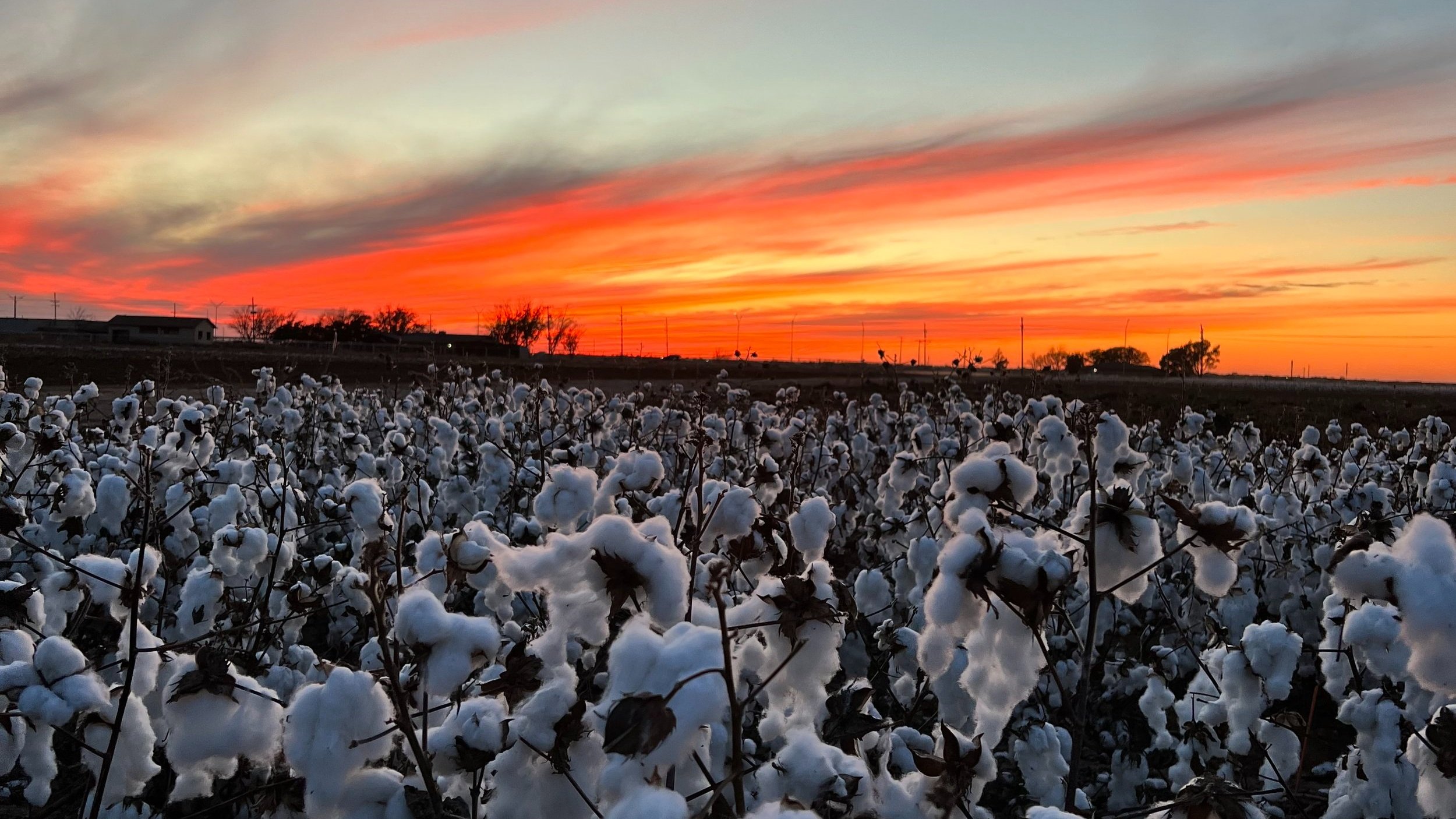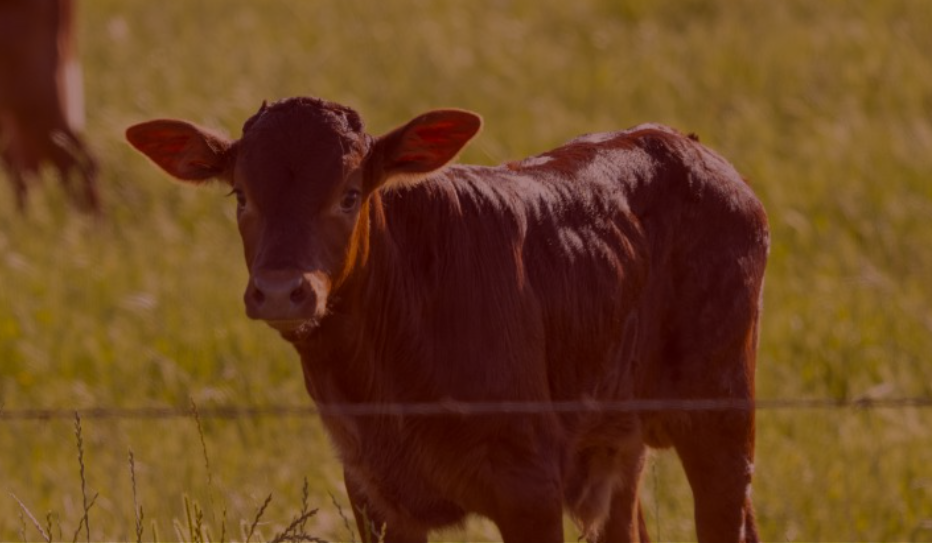
Lewis Lab
Current Projects
-
Regenerative Agricultural Intensification in Semi-Arid Cropping Systems
The five-year Sustainable Agricultural Intensification and Enhancement project, which focuses on implementing regenerative agricultural management practices, has been awarded a $10 million grant from the U.S. Department of Agriculture’s National Institute of Food and Agriculture.
-
Assessing Carbon Sequestration in Texas Cropping Systems
This project evaluates the carbon sequestration potential of Texas' major crop-producing regions, including corn, sorghum, cotton, and wheat. Supported by Texas commodity groups, the study aims to enhance sustainability and soil health through improved carbon management practices.
-

Greenhouse Gas Emissions in Production Agriculture
This study evaluates how nitrogen fertilization rates, timing, and cropping systems influence soil greenhouse gas emissions. Funded by the Texas A&M AgriLife Research Air Quality Research Seed Grant Program, the project aims to enhance sustainable agricultural practices and reduce environmental impact.
-

Water Dynamics in Semi-Arid Agroecosystems
This study examines soil moisture dynamics within conservation cropping systems in semi-arid environments. Ground-truth data will be integrated with remote sensing and weather data, then applied to biogeochemical models to assess water sustainability under future climate scenarios.
-

-

-

-

-

-

Mapping Coccidioides in Texas
We are actively analyzing soil and environmental samples across Texas to detect and confirm the presence of Coccidioides spp. Our goal is to better understand its endemic range and ecological niche as a soil-borne pathogen.
-

Mitigating Dust and Wind Erosion in Agriculture
In collaboration with the Texas A&M Institute for Advancing Health Through Agriculture, we aim to:
1. Identify the physical, chemical, and biological mechanisms of wind erosion that impact human health.
2. Develop and implement sustainable agronomic practices to reduce on-farm soil loss and mitigate wind erosion. -

MyLand Project: Advancing Sustainable Agriculture with Microalgae
An innovative research project on integrating microalgae into cotton farming in West Texas. In partnership with MyLand, their study explores how native microalgae can enhance soil health, water efficiency, and sustainability in the region’s challenging conditions. This multiyear trial at Helm Farm aims to improve soil stability, nutrient dynamics, and reduce greenhouse gas emissions, offering a transformative solution for sustainable agriculture.
-
FFAR: Foundation for Food & Agriculture Research
This project aims to transform traditional row crop farms in the High Plains of Texas into sustainable perennial forage systems. By doing so, it seeks to improve soil health, conserve water, capture carbon, and enhance economic sustainability. The project will develop best management practices, evaluate environmental and economic impacts, and provide resources and training to support this agricultural transition, ultimately contributing to climate resilience and sustainable food production.


